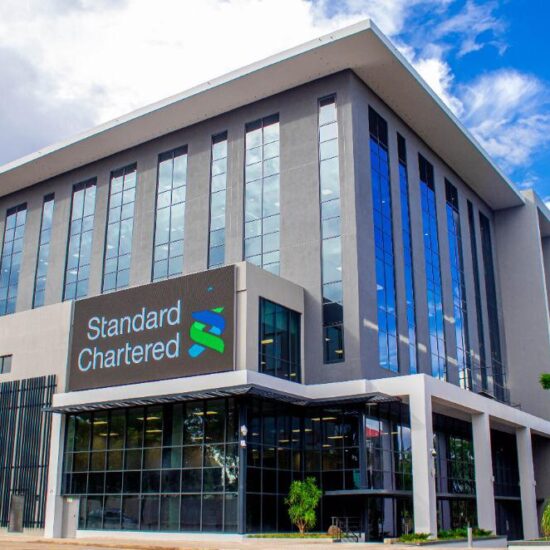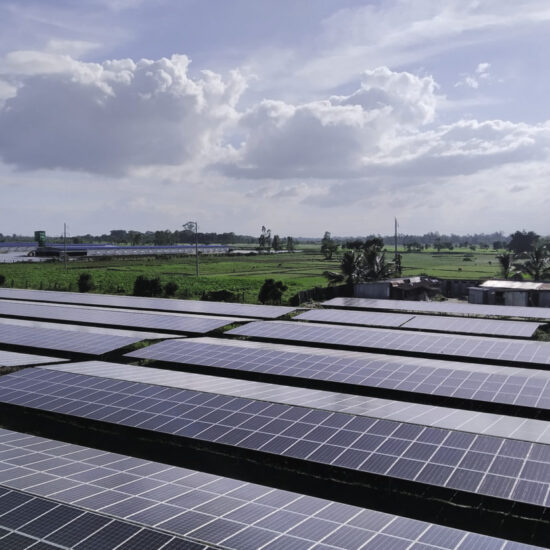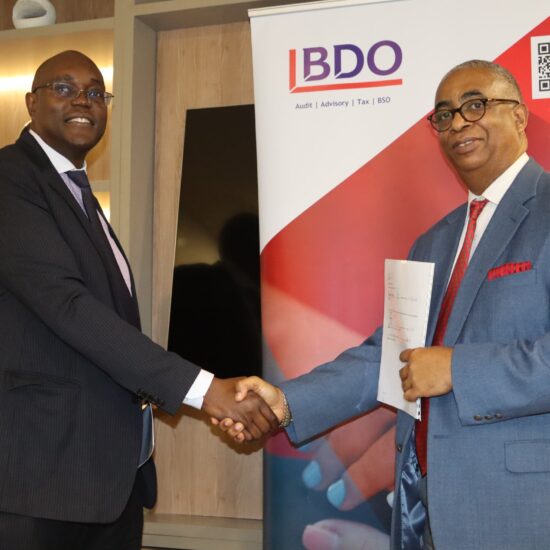
Zambia Railways Limited (ZRL) Public Relations Manager Sombe Ng’onga says ZRL is undergoing a transformational phase aimed at revitalizing its operations and increasing its capacity through strategic business planning and private partnerships.
The company’s Public Relations Manager, Sombe Ng’onga said the Company is working on a new Strategic Business Plan (SBP) from 2024 to 2028 to address immediate infrastructure needs and improve its overall performance.
Ng’onga said that ZRL is focusing on repairing wagons, addressing Temporal Speed Restrictions (TSRs), and acquiring new rolling stock as part of its efforts to enhance its operations.
He added that the company is leveraging annual railway improvement projects and intensifying engagements with strategic partners and private railway companies to optimize its capacity and efficiency.
According to Zamstats report, the value of goods by various modes of transport, the railway sector is seen as the least developed mode of transport.
“Road transport recorded the highest at K42.3 billion, Air transport was the second at K4.7 billion while Rail transport was last at K0.2 billion” With rail trailing behind Road and Air transport the bigger question is why is this sector with so much potential to contribute highly to the transport and economic sectors of the Country lagging behind.
Responding to a query by the Zambian Business Times (ZBT) Ng’onga admitted that the Company has been facing challenges owing to the poor and old infrastructure.
“We have just developed the new Strategic Business Plan (SBP) to run from 2024 to 2028, ZRL has identified areas of investment starting with immediate term needs, attending to Temporal Speed Restrictions (TSRs), repairing existing locomotives, repairing wagons to convert them to air brakes and acquire some rolling stock, as a stop measure before recapitalization ZRL is leveraging annual railway improvement project that began in 2022, under the Ministry of Transport and Logistics, we have also intensified the engagement of strategic partners such as clients and private railway Companies among others to leverage private sector capacity in terms of rolling stock,” she said.
Ng’onga echoed that through engagements with strategic partners, the Company is implementing private train operations and encouraging its customers to invest in their own equipment or equipment owned by the Company.
She said the recapitalization model has seen the Government currently engaging prospective strategic partners as well as multilateral development institutions to ensure that Rail Transport regains its place as a reliable and efficient mode of transport.







